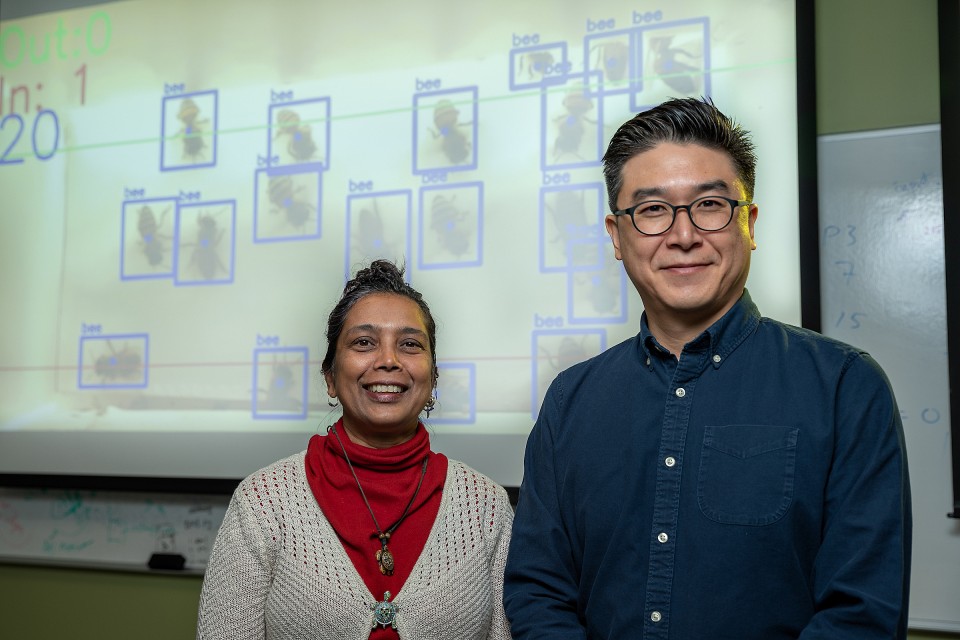Document Type
Conference Proceeding
Publication Date
1-2015
Abstract
In this paper we explore the power of geometry to overcome the limitations of non-cooperative self-assembly. We define a generalization of the abstract Tile Assembly Model (aTAM), such that a tile system consists of a collection of polyomino tiles, the Polyomino Tile Assembly Model (polyTAM), and investigate the computational powers of polyTAM systems at temperature 1, where attachment among tiles occurs without glue cooperation (i.e., without the enforcement that more than one tile already existing in an assembly must contribute to the binding of a new tile). Systems composed of the unit-square tiles of the aTAM at temperature 1 are believed to be incapable of Turing universal computation (while cooperative systems, with temperature > 1, are able). As our main result, we prove that for any polyomino P of size 3 or greater, there exists a temperature-1 polyTAM system containing only shape-P tiles that is computationally universal. Our proof leverages the geometric properties of these larger (relative to the aTAM) tiles and their abilities to effectively utilize geometric blocking of particular growth paths of assemblies, while allowing others to complete. In order to prove the computational powers of polyTAM systems, we also prove a number of geometric properties held by all polyominoes of size ≥ 3.
To round out our main result, we provide strong evidence that size-1 (i.e. aTAM tiles) and size-2 polyomino systems are unlikely to be computationally universal by showing that such systems are incapable of geometric bitreading, which is a technique common to all currently known temperature-1 computationally universal systems. We further show that larger polyominoes with a limited number of binding positions are unlikely to be computationally universal, as they are only as powerful as temperature-1 aTAM systems. Finally, we connect our work with other work on domino self-assembly to show that temperature-1 assembly with at least 2 distinct shapes, regardless of the shapes or their sizes, allows for universal computation.
Recommended Citation
Fekete, S. P., Hendricks, J., Patitz, M. J., Rogers, T. A., & Schweller, R. T. (2014). Universal Computation with Arbitrary Polyomino Tiles in Non-Cooperative Self-Assembly. In Proceedings of the 2015 Annual ACM-SIAM Symposium on Discrete Algorithms (pp. 148–167). Society for Industrial and Applied Mathematics. https://doi.org/10.1137/1.9781611973730.12
Publication Title
Proceedings of the 2015 Annual ACM-SIAM Symposium on Discrete Algorithms
DOI
10.1137/1.9781611973730.12



Comments
Copyright © 2015. by the Society for Industrial and Applied Mathematics.
https://epubs.siam.org/doi/10.1137/1.9781611973730.12